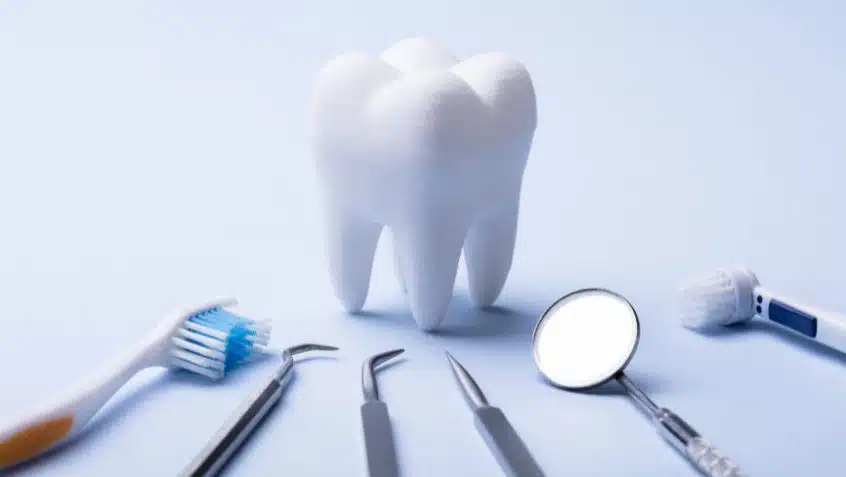Take Action: Tell your senators to reject harmful cuts to health care!
Incremental Expansion of Dental Coverage in Medicare Continues Under Biden Administration

Limits on Original Medicare Dental Coverage
Although Original Medicare does not offer broad coverage of dental services, and the statute contains an express exclusion barring coverage for routine dental care, the law allows for coverage of certain medically necessary dental procedures. Last month, as the updated rules for payment of providers were published, including for these limited dental services, KFF updated their summary of the state of dental coverage in Medicare.
Lack of Dental Care Threatens Health and Equity
CMS recognized that the prior interpretation was “unnecessarily restrictive” and may contribute to inequitable care.
Before, the Centers for Medicare & Medicaid Services (CMS) interpreted the law’s exception to the exclusion extremely narrowly–limiting coverage to only the listed examples. In 2023, however, following advocacy from various stakeholders, including patient advocates, providers, and members of Congress, CMS clarified that payment for dental services is available under the law in a broader range of circumstances. In doing so, they recognized that the prior interpretation was “unnecessarily restrictive” and may contribute to inequitable care, particularly for older adults who are at high risk of poor oral health, which can exacerbate and complicate the treatment of other medical issues. Further, they noted additional clinical scenarios beyond the illustrative example in the statute, where dental services are directly related to the clinical success of a covered service.
Dental Care Expands in 2025
The 2023 rule set a clearer standard for determining when dental services could be covered under Medicare Part A or B for services that “are inextricably linked to, and substantially related and integral to the clinical success of, an otherwise covered medical service.” It also included a list of examples with payment codes, and additional situations have since been added to the Physician Fee Schedule Final Rules for 2024 and 2025. Notably, starting in 2025, dental or oral examinations and treatment before or concurrent with Medicare-covered dialysis services for the treatment of end-stage renal disease (ESRD) will be covered. This will equalize the treatment of dental care for people with ESRD, whether they and their providers choose to pursue kidney transplants or dialysis.
A Step Forward, But More Work Remains
Expanding Medicare’s dental coverage is a meaningful step toward improving health outcomes and addressing inequities for older adults and individuals with serious medical conditions. By broadening the interpretation of “medically necessary” dental services, CMS has taken strides to ensure that critical oral health needs tied to broader medical care are no longer overlooked. Including dental exams and treatments for those undergoing dialysis starting in 2025 further reflects a commitment to providing equitable care for vulnerable populations.
However, significant gaps remain. Routine dental care—essential for preventing many oral and systemic health issues—remains excluded from coverage, leaving millions of Medicare beneficiaries without access to affordable preventive dental services. As advocates continue to push for more comprehensive dental coverage, these incremental changes serve as a reminder of the ongoing need to prioritize oral health as an integral component of overall health and well-being.
Show Comments
We welcome thoughtful, respectful discussion on our website. To maintain a safe and constructive environment, comments that include profanity or violent, threatening language will be hidden. We may ban commentors who repeatedly cross these guidelines.
Help Us Protect & Strengthen Medicare.
Donate today and make a lasting impact.
The Latest
Most Read
Add Medicare to Your Inbox
Sign up to receive Medicare news, policy developments, and other useful updates from the Medicare Rights.
View this profile on InstagramMedicare Rights Center (@medicarerights) • Instagram photos and videos









